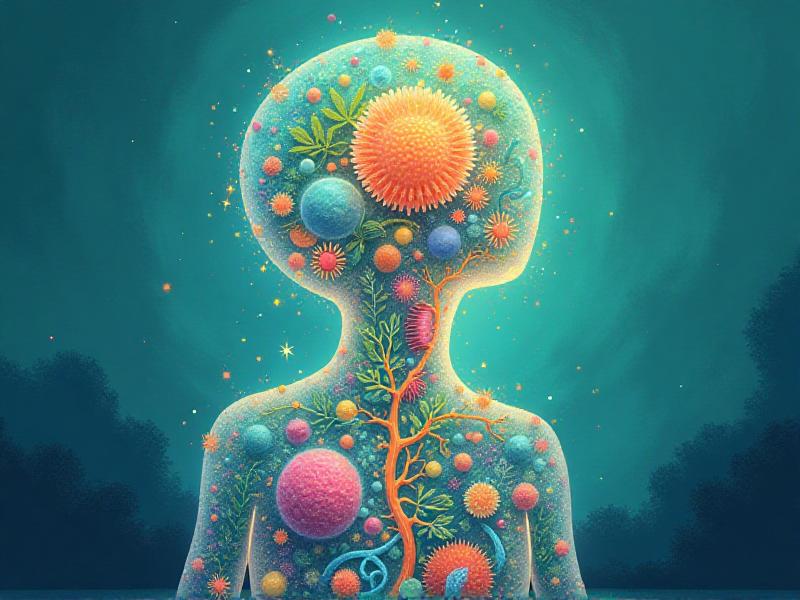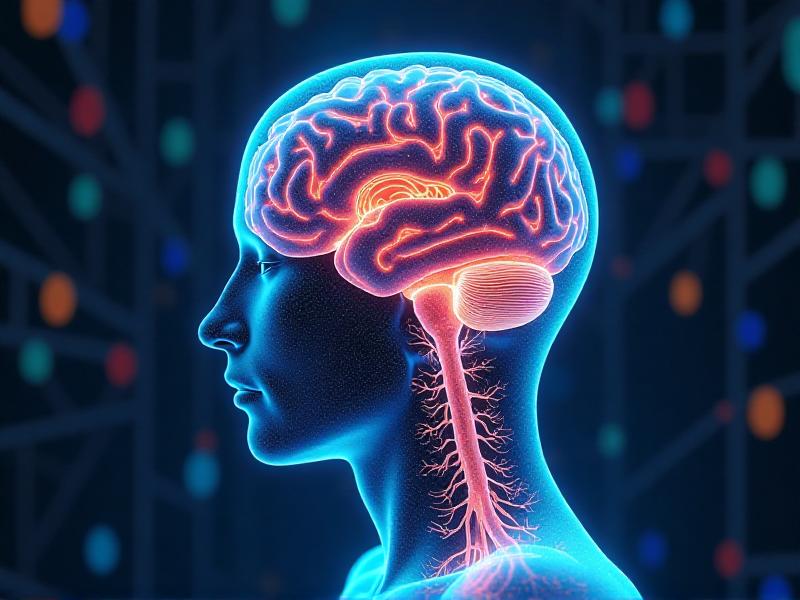The Future of Mental Health: Microbial Perspectives
The Future of Mental Health: Microbial Perspectives
Introduction: The Gut-Brain Connection
The human body is a complex ecosystem, and one of the most fascinating discoveries in recent years is the profound connection between the gut and the brain. This relationship, often referred to as the gut-brain axis, has opened up new avenues for understanding mental health. The gut is home to trillions of microorganisms, collectively known as the gut microbiota, which play a crucial role in regulating not only digestion but also mood, cognition, and overall mental well-being. Emerging research suggests that these tiny organisms could hold the key to unlocking new treatments for mental health disorders, from depression to anxiety and beyond.
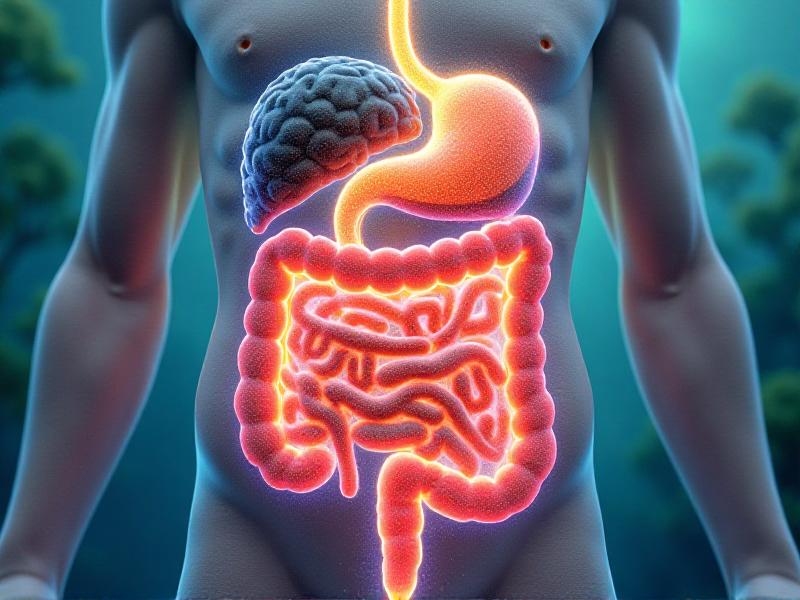
The Role of the Microbiome in Mental Health
The microbiome, the collection of all microorganisms living in and on the human body, has been shown to influence mental health in several ways. For instance, certain strains of bacteria produce neurotransmitters like serotonin and dopamine, which are directly linked to mood regulation. Studies have also found that individuals with mental health disorders often have an imbalanced microbiome, suggesting that restoring this balance could be a potential treatment pathway. Probiotics, prebiotics, and even fecal microbiota transplants are being explored as ways to modulate the microbiome and improve mental health outcomes.
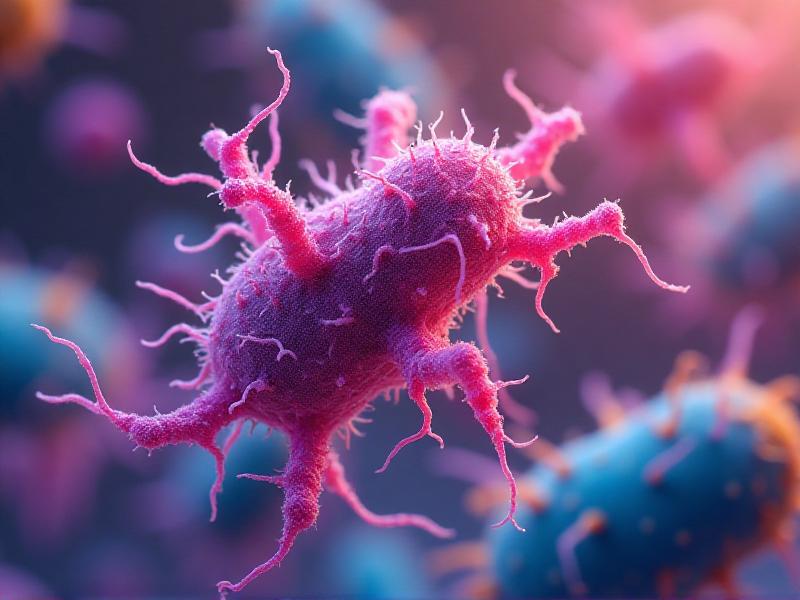
Depression and the Microbial World
Depression is one of the most common mental health disorders worldwide, and its connection to the microbiome is becoming increasingly clear. Research has shown that individuals with depression often have lower levels of beneficial bacteria like Lactobacillus and Bifidobacterium. These bacteria are known to produce short-chain fatty acids, which have anti-inflammatory properties and can protect the brain from stress-induced damage. By targeting the microbiome, scientists hope to develop new treatments that go beyond traditional antidepressants, offering a more holistic approach to managing depression.

Anxiety and the Microbial Balance
Anxiety disorders are another area where the microbiome is showing promise. Studies have found that individuals with anxiety often have a less diverse microbiome, which may contribute to heightened stress responses. Certain bacteria, such as those in the genus Bacteroides, have been linked to reduced anxiety levels. Researchers are now exploring how dietary interventions, such as increasing fiber intake or consuming fermented foods, can help restore microbial balance and alleviate anxiety symptoms. This approach could offer a natural, side-effect-free alternative to traditional anxiety medications.

The Impact of Diet on Mental Health
Diet plays a crucial role in shaping the microbiome, and by extension, mental health. A diet high in processed foods and sugar can lead to an overgrowth of harmful bacteria, while a diet rich in fruits, vegetables, and whole grains promotes a healthy, diverse microbiome. The Mediterranean diet, for example, has been shown to reduce symptoms of depression and anxiety, likely due to its high content of fiber and healthy fats. As we learn more about the gut-brain connection, personalized nutrition plans tailored to an individual's microbiome could become a cornerstone of mental health treatment.

Probiotics and Psychobiotics: The Next Frontier
Probiotics, live bacteria that confer health benefits, have long been associated with digestive health. However, a new class of probiotics, known as psychobiotics, is specifically designed to target mental health. These psychobiotics contain strains of bacteria that produce neurotransmitters or reduce inflammation, offering a promising new approach to treating mental health disorders. While the field is still in its infancy, early studies have shown that psychobiotics can reduce symptoms of depression and anxiety, paving the way for more targeted and effective treatments.
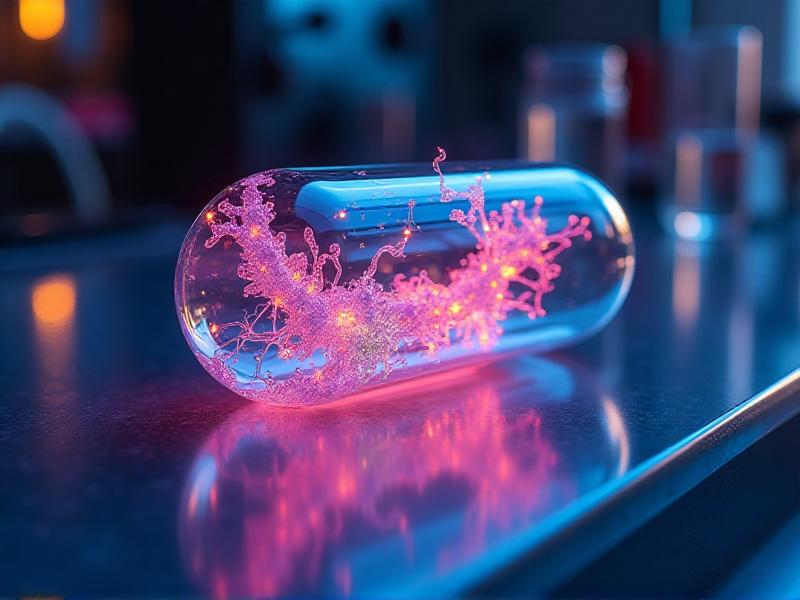
The Role of Stress in Shaping the Microbiome
Stress is a major factor in mental health, and it also has a profound impact on the microbiome. Chronic stress can lead to a decrease in microbial diversity, which in turn can exacerbate mental health issues. This creates a vicious cycle where stress worsens the microbiome, and an imbalanced microbiome increases susceptibility to stress. Understanding this relationship is crucial for developing interventions that break the cycle. Techniques such as mindfulness, yoga, and even certain types of exercise have been shown to positively influence the microbiome, offering a holistic approach to managing stress and improving mental health.

The Future of Microbial-Based Therapies
As research into the microbiome and mental health continues to advance, the potential for microbial-based therapies is immense. From personalized probiotics to fecal microbiota transplants, the future of mental health treatment could look very different from what we know today. These therapies offer the promise of more targeted, effective, and natural treatments, with fewer side effects than traditional medications. However, there are still many challenges to overcome, including understanding the complex interactions between different strains of bacteria and ensuring the safety and efficacy of these treatments. Despite these challenges, the future of mental health looks brighter than ever, thanks to the microbial perspective.
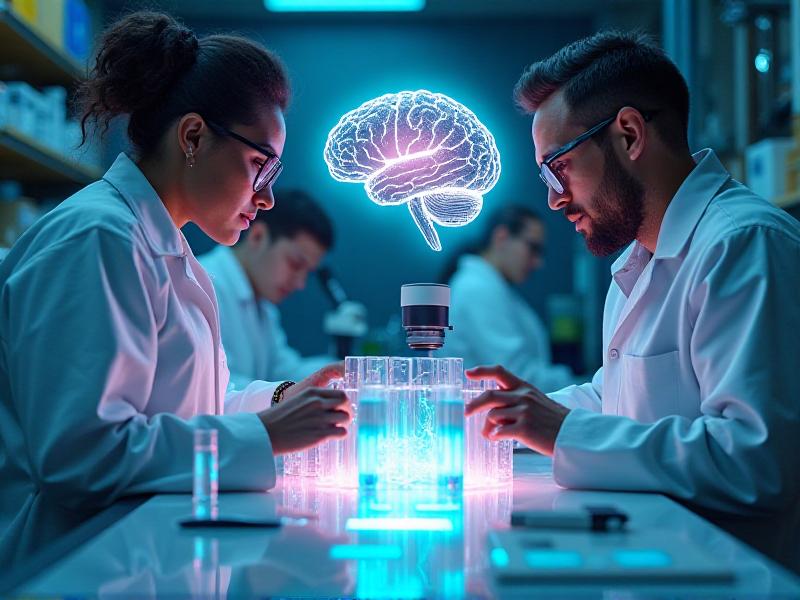
Ethical Considerations in Microbial Research
As with any emerging field, the study of the microbiome and its impact on mental health raises important ethical questions. For example, who owns the data generated from microbiome research, and how should it be used? There are also concerns about the potential for misuse, such as the creation of "designer microbiomes" that could be used to enhance cognitive performance or mood. Additionally, the use of fecal microbiota transplants, while promising, raises questions about consent and the potential for unintended consequences. As we move forward, it will be crucial to address these ethical considerations to ensure that the benefits of microbial research are realized in a responsible and equitable manner.

Conclusion: A New Era in Mental Health
The future of mental health is being reshaped by our understanding of the microbiome. As we continue to uncover the intricate connections between the gut and the brain, new treatments and therapies are emerging that offer hope for millions of people suffering from mental health disorders. While there is still much to learn, the microbial perspective represents a paradigm shift in how we approach mental health, moving away from a one-size-fits-all model to a more personalized, holistic approach. By embracing this new era of mental health, we can look forward to a future where mental well-being is within reach for everyone.


